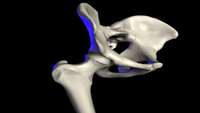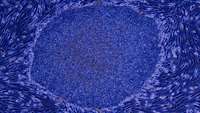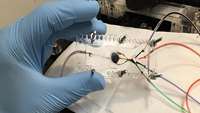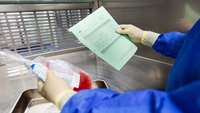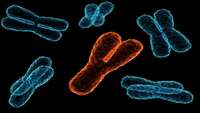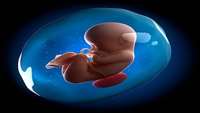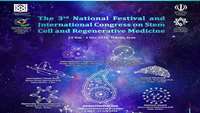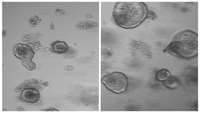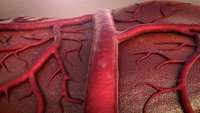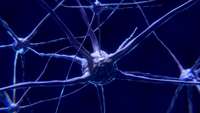New Method Could Improve Longevity and Lessen Wear of Artificial Hips
Mechanical engineering researchers have developed a method that could extend the life of an artificial hip by adding an array of microscopic indentations that increase the thickness of a lubricating film on its surface.
Japan keeps edge in stem-cell medicine with heart study
Japans decision on Wednesday to greenlight a study using stem cells for treating heart failure shows how far the field has progressed in the decade since the cells were first developed.
UCLA Engineer Develops 3D Printer That Can Create Complex Biological Tissues
A UCLA bioengineer has developed a technique that uses a specially adapted 3D printer to build therapeutic biomaterials from multiple materials. The advance could be a step toward on-demand printing of complex artificial tissues for use in transplants and other surgeries.
Gilead to build its EU CAR-T manufacturing facility at Amsterdam airport
Speed is of the essence when it comes to manufacturing CAR T drugs—personalized treatments in which immune cells are engineered to recognize and destroy patients’ cancers. With that in mind, Gilead will locate a new European manufacturing site for its CAR-T therapy Yescarta at an airport in the Netherlands.
Leukaemia: protective role of Y chromosone gene discovered
Scientists have discovered the first leukaemia protective gene that is specific to the male-only Y chromosome. Researchers at the Wellcome Sanger Institute and the University of Cambridge found that this Y-chromosome gene protects against the development of Acute Myeloid Leukaemia (AML) and other cancers.
Research shows that amniotic fluid contains stem cells of kidney origin
Amniotic fluid, the liquid surrounding the fetus, can be routinely obtained without harming the mother or the baby. Previously, Prof. Dr. Adjayes team and others demonstrated that amniotic fluid contains mesenchymal stem cells with great differentiation and regenerative potential.
The 3rd National Festival and International Congress on Stem Cells and Regenerative Medicine Published in Nature Events Directory
Nowadays, with the increasing knowledge of physiological and pathologic cellular processes as well as extensive research on signaling pathways, interaction of cells through extracellular vesicles, development of organoids and their application in disease modeling and drug screening and also the advent of new technologies in cellular engineering and genetic manipulation, we have witnessed dramatic changes in the field of regenerative medicine and particularly cell therapy.
Fasting For Just 24 Hours Boosts The Regeneration of Stem Cells, Study Finds
For decades, numerous studies have shown that strict, low-calorie-intake dietscould be the key to having a longer, healthier life.
Type of Stem Cell in Blood Vessels Might Treat Bleeding Disorders, Mice Study Shows
A newly identified class of stem cells in blood vessels, called vascular endothelial stem cells, were able to repair injured vessels and ease bleeding symptoms in a mouse model of hemophilia, researchers at Osaka University in Japan report, suggesting these cells may treat this bleeding disorder.
UK Pilot Study to Evaluate Effects of Stem Cell Therapy in Friedreich’s Ataxia Patients
The clinical benefits of stem cell therapy in Friedreich’s ataxia patients will be assessed in a small pilot study at the University of Bristol in the United Kingdom.


